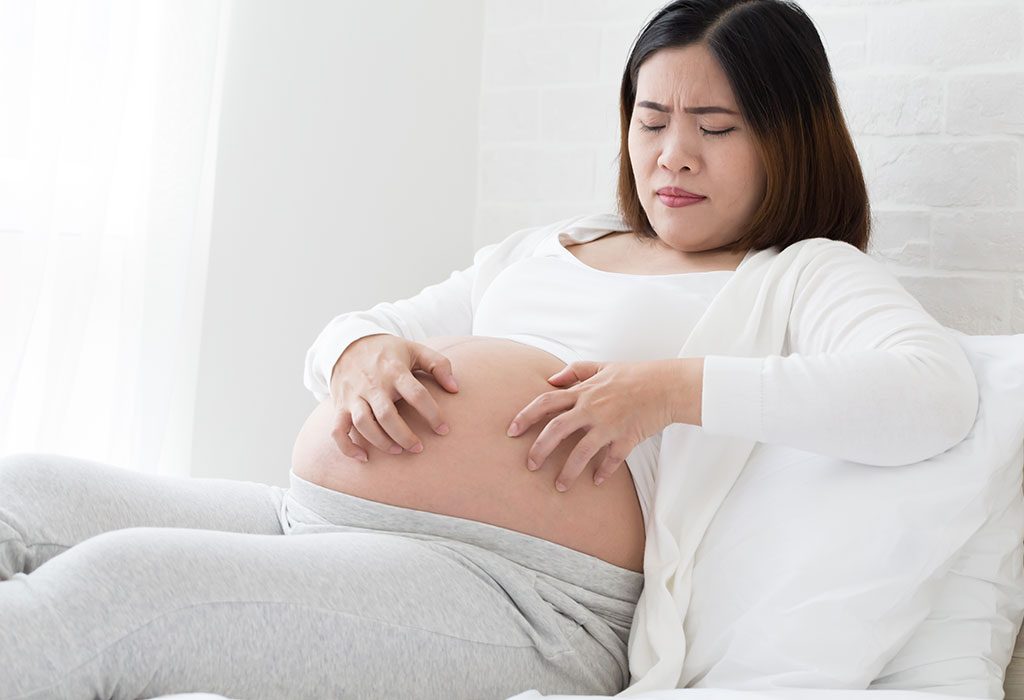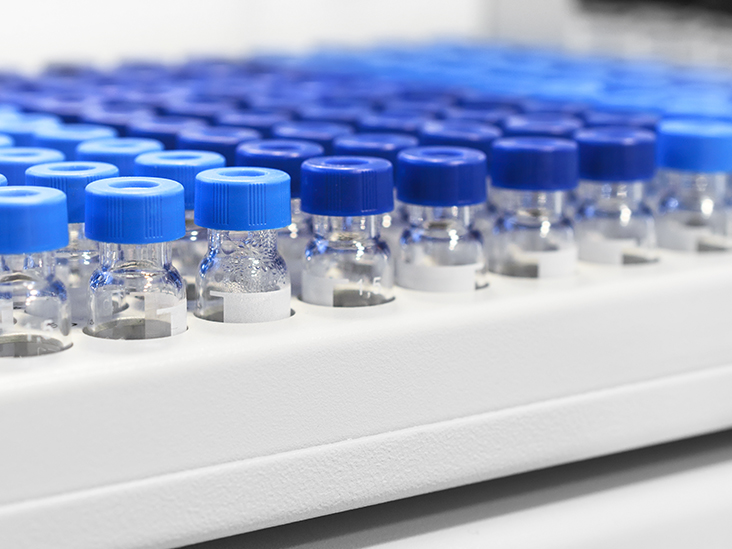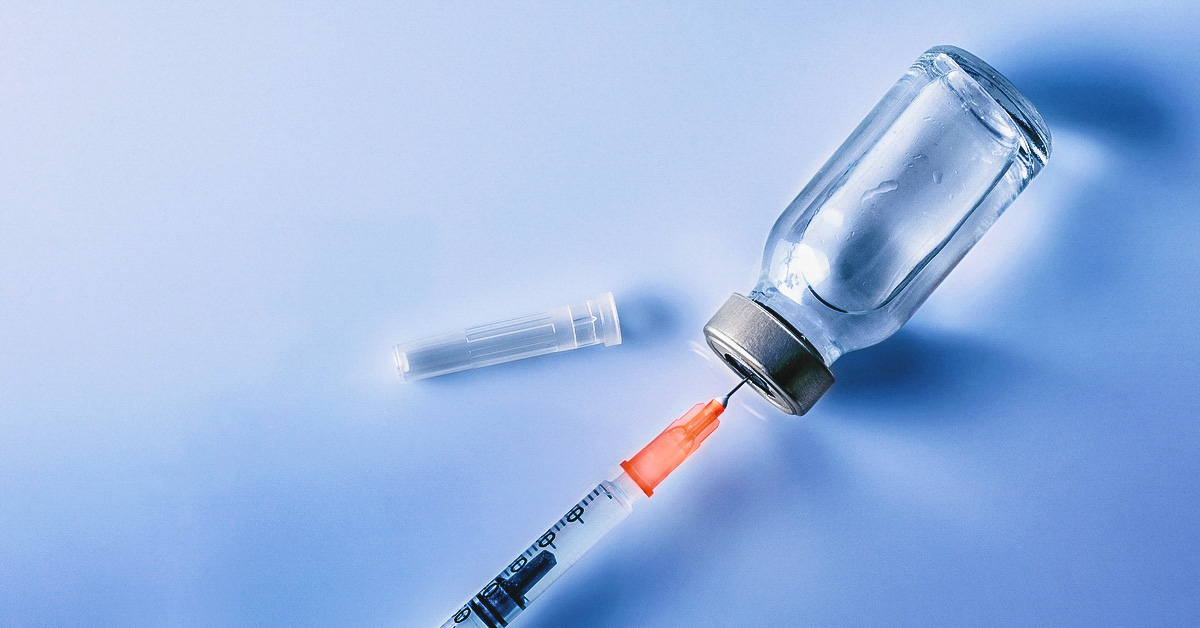What is shingles?
When you’re pregnant, you may worry about being around people who are sick or about developing a health condition that might affect you or your baby. One disease you may be concerned about is shingles.
About 1 in 3 people will develop shingles at some point in their life. Though shingles, or herpes zoster, is more common among older adults, it’s still a disease you should be aware of if you’re expecting a baby.
Shingles is a viral infection that leads to painful, itchy rashes. The same virus that causes chickenpox causes shingles. It’s called the varicella-zoster virus (VZV).
If you had chickenpox when you were young, VZV remains dormant in your system. The virus can become active again and cause shingles. People don’t fully understand why this happens.
Risk of exposure
You can’t catch shingles from another person. You can, however, catch chickenpox at any age if you’ve never had it before. Chickenpox is contagious. It can even be spread when a person with chickenpox coughs.
Someone with shingles can spread the virus to someone else only if that uninfected person has direct contact with a rash that hasn’t yet healed. While you won’t catch shingles from exposure to such individuals, you could be exposed to VZV and develop chickenpox. Shingles could then someday also appear, but only after chickenpox has run its course.
Once you’ve had chickenpox, you’re immune to it for the rest of your life. If you’re pregnant and you’ve never had chickenpox, you should try to avoid being around people who have chickenpox or shingles, even if they’re just getting over their conditions.
Pregnancy concerns
If you’re pregnant and you already had chickenpox, you and your baby are safe from exposure to anyone with chickenpox or shingles. You can, however, develop shingles during your pregnancy if you had chickenpox as a child. Though this is unusual since shingles typically appears after your childbearing years, it can happen. Your baby will be safe if you just develop shingles.
If you notice a rash of any kind while pregnant, tell your doctor. It may not be chickenpox or shingles, but it could be some other potentially serious condition that warrants a diagnosis.
If you’ve never had chickenpox and you’re exposed to someone with chickenpox or shingles, you should also tell your doctor immediately. They may recommend a blood test to help them determine if you have antibodies for the chickenpox virus. If antibodies are present, that means you had chickenpox and maybe don’t remember it, or you were immunized against it. If that’s the case, you and your baby shouldn’t be at risk for the disease.
If they don’t find antibodies for the chickenpox virus, you can receive an immunoglobulin injection. This shot will contain chickenpox antibodies. Getting this injection may mean that you avoid getting chickenpox and possibly shingles in the future, or that you may have a less serious case of chickenpox. You should get the injection within 96 hours of exposure for it to be as effective as possible.
You should tell your doctor that you’re pregnant before receiving an immunoglobulin injection or any other shot. Whether it’s early in your pregnancy or closer to your delivery date, you must be careful with all medicines, supplements, and food that enters your body.
What are the symptoms of chickenpox and shingles?
Chickenpox can cause little blisters to form anywhere on the body. A rash of blisters usually first appears on the face and trunk. Then, it tends to spread to the arms and legs.
Larger rashes usually develop with shingles. The rashes are often on one side of the face of body only, but there may be a few locations that are affected. They typically appear as a band or stripe.
You may feel some pain or itchiness in the area of a rash. Pain or itchiness can occur days before the rash appears. The rashes themselves can be itchy and uncomfortable. Some people report a lot of pain with their rashes. Shingles also causes a headache and fever in some people.
The rashes scab over and eventually disappear. Shingles is still contagious as long as the rashes are exposed and not scabbed over. Shingles usually goes away after a week or two.
How will your doctor diagnose shingles?
Diagnosing shingles is relatively easy. You doctor can diagnose the condition based on your symptoms. A rash that appears on one side of the body along with pain in the area of the rash or rashes usually indicates shingles.
Your doctor may decide to confirm your diagnosis through a skin culture. To do this, they’ll remove a small piece of skin from one of the rash blisters. They’ll then send it to a lab and use the culture results to determine if it’s shingles.
What treatments are available for shingles?
Your doctor may prescribe an antiviral medication if they diagnose you with shingles. Some examples include acyclovir (Zovirax), valacyclovir (Valtrex), and famciclovir (Famvir).
As with all medicines during your pregnancy, you’ll need to check with your doctor to make sure the antiviral drug is safe for your baby. Many antiviral drugs are available that are safe for you and your baby.
If you develop chickenpox during your pregnancy, you may also be able to take an antiviral medication.
It’s important to note that the best outcomes occur when treatment starts soon after the first rashes appear. You should see your doctor within 24 hours of a symptom first appearing.
Outlook
The odds of you developing shingles while pregnant are low. Even if you do develop it, shingles is unlikely to affect your baby. It may make your pregnancy more difficult for you because of the pain and discomfort involved.
If you’re planning to become pregnant and you’ve never had chickenpox, you may want to talk to your doctor about getting the vaccine at least three months before trying to become pregnant. If you’re concerned about developing shingles because you had chickenpox already, talk with your doctor about possibly getting a shingles vaccination several months before you become pregnant.
How can you prevent shingles?
Advances in medical research are reducing the number of people who develop chickenpox and shingles worldwide. This is mainly due to vaccinations.
Chickenpox vaccination
The chickenpox vaccine became available for widespread use in 1995. Since then, the number of cases of chickenpox worldwide has dropped significantly.
Doctors usually give the chickenpox vaccine when a child is 1 to 2 years old. They give the booster shot when the child is 4 to 6 years old. The vaccinations are nearly 100 percent effective if you get the initial vaccine and the booster. You still have a slight chance of developing chickenpox even getting the vaccine.
Shingles vaccination
The U.S. Food and Drug Administration approved a shingles vaccine in 2006. It’s essentially an adult booster vaccination against VZV. The Centers for Disease Control and Prevention recommends a shingles vaccination for everyone age 60 and older.
Vaccinations and pregnancy
You should get the chickenpox vaccine before becoming pregnant if you haven’t had chickenpox or received the chickenpox vaccine. Once you’re pregnant, the best means of prevention is to stay away from people with active forms of chickenpox or shingles.





